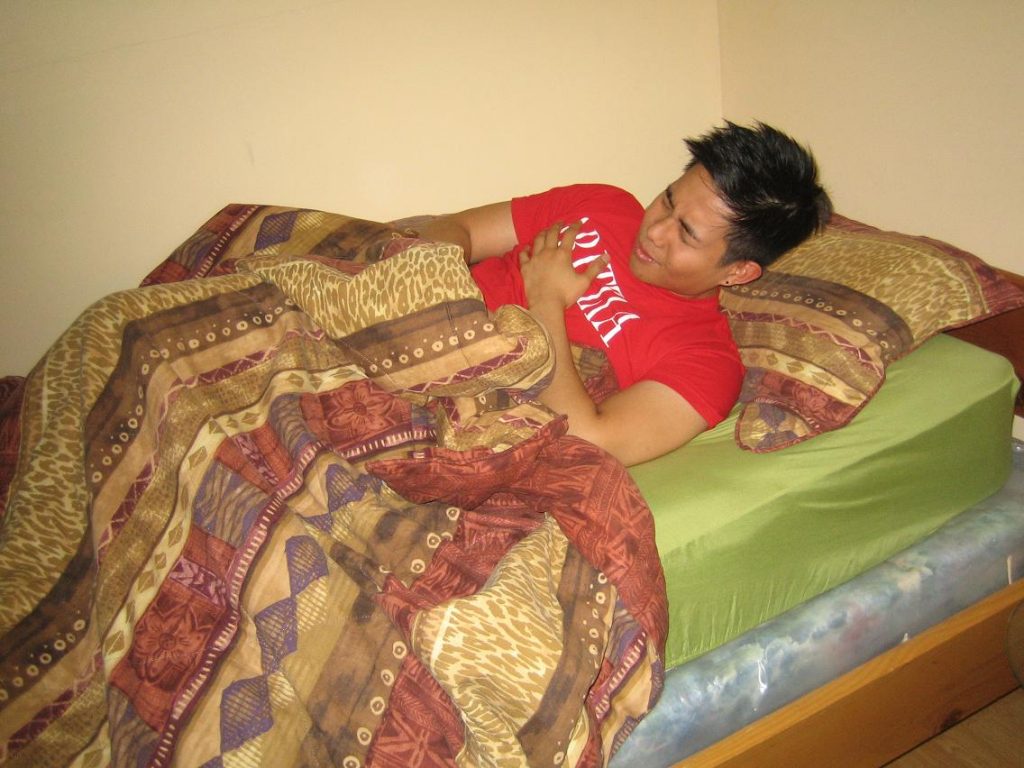What is pneumonia?
- Pneumonia is caused by bacteria and viruses that attacks the lungs and cause an infection.
- Pneumonia can cause mild to serious infections in individuals of all ages. Generally, it is the primary cause of death globally in kids below the age of 5 years.
- Furthermore, pneumonia is often a problem of a previous illness/infection and activated when a patient’s immune system is debilitated.
How does it spread?

The main causes of pneumonia are because of viruses and bacteria.
Generally, viruses or bacteria spread from individual-to-individual. This can take place through:
- Direct interaction with saliva excretions, such as spit or phlegm (through coughing and sneezing).
- Lastly, touching surfaces or items contaminated with germs then touching your mouth and nose.
Risk factors
Individuals in the following groups have a greater risk of attracting pneumonia and can develop more serious symptoms:
- Infants and very young children;
- Individuals over the age of 65 years;
- Individuals who have undergone an organ transplant;
- Those with emphysema, lung disorders, cystic fibrosis, asthma, long-lasting diseases such as liver, kidney or heart diseases;
- Individuals who have a weak immune system; and
- People who smoke.
Signs and symptoms
Pneumonia can be a dangerous disorder. Generally, it’s important to identify the signs and symptoms and to see a GP if you have worries; mainly if you or your child have a medical illness.
Furthermore, your symptoms will differ according to your age and the severity of your illness.
Common symptoms of pneumonia consist of:
- At first, feeling ill
- Trouble breathing
- Exhaustion
- In addition, loss of hunger
- Stomach cramps
- Lastly, headaches
Small kids will:
- Feel sluggish
- Have a high temperature
- Lastly, coughing and having trouble breathing
Diagnosis
- Generally, it is important to see your GP quickly if you have breathing problems causing concern, especially if you notice these symptoms in young kids.
Your GP will carry out a general check-up and might recommend some other assessments including:
- Blood tests
- Throat or nose swab
- X-ray of the chest.
Related video
FACT CHECK
https://www.healthline.com/health/pneumonia
https://www.webmd.com/lung/is-it-bronchitis-or-pneumonia#1
https://www.mayoclinic.org/diseases-conditions/pneumonia/symptoms-causes/syc-20354204
